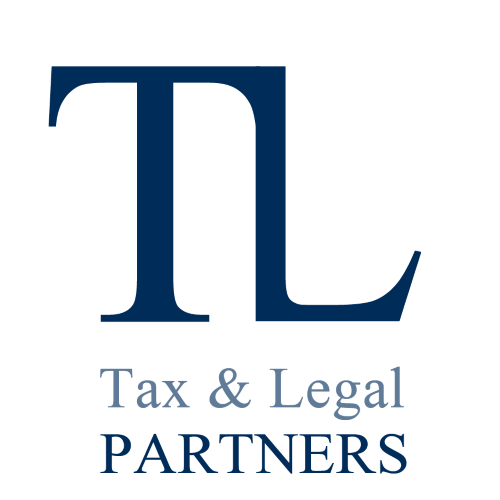Specific learning disabilities (SLD) are disorders that affect some specific school skills. They take on different names based on the area they affect; dyslexia and dysorthography affect reading skills; dysgraphia concerns learning to write as a graphomotor skill; dyscalculia refers to the ability to calculate. These disturbances lead to non-self-sufficiency during schooling. DSA can cause academic failure, demotivation in learning, behavioral and relational difficulties with teachers and classmates, anxiety and depression, and can lead to a refusal to go to school up to the point of causing dropout and early school leaving.
To remedy the above consequences and also guarantee educational success for students with learning disabilities, law 170/2010 on specific learning disabilities came into force twelve years ago and this year the new guidelines of the Higher Institute of Health.
The law of 2010 (art. 5) and the related implementing decree provided that children and young people affected by SLD have the right to use compensatory educational and technological tools (voice synthesis, recorder, video-writing programs and corrector spelling, calculator), the right to have dispensatory measures applied (more time to carry out a test, reduced contents, possibility of not carrying out some services) and that these measures must also be able to be used in moments of evaluation, including State Exams.
The professionals (doctors and psychologists) belonging to UONPIA (the Childhood Psychology Neuropsychiatry Operative Units) of public structures or belonging to accredited private structures that diagnose the disorder must communicate the diagnosis in a clear and precise manner also specifying the secondary psychological aspects (demotivation, low self-esteem) and draw up a written report indicating the possibility of using compensatory and dispensatory tools (art. 3). The family must deliver the aforementioned diagnosis to the school by registering it. In this way, the school will be able to prepare the so-called personalized teaching plan (PDP) within the first school term, containing the individualized recovery activities, the personalized teaching methods as well as the compensatory tools and dispensatory measures prepared for the student, on the basis of the diagnosis receipt of professionals above.
From 2010 to today, the Courts (Tar, Council of State) have assiduously intervened with respect to the incorrect application of the PDP by the Scholastic Institutes, despite the fact that the law has been in force for over 12 years.
Recently, the parents of a boy with DSA, whose PDP had not been correctly applied by the teachers, had to appeal to the judges of the Council of State to obtain justice for their son, since not even the judges of the Tar in the first instance they defended the student’s reasons. The pupil suffering from specific mixed learning disorder was not admitted to the fifth class of a high school, due to “serious and widespread insufficiencies, especially in the disciplines of address (…) Despite having followed the indications present in the PDP, the boy did not reach the foreseen training objectives. Furthermore, he demonstrated a low participation in the educational plan despite the requests of the teachers ”.
The appeal with which the parents asked for the annulment of the non-admission judgment was rejected by the Tar on the finding of the deficiencies reported, allegedly irremediable, also because the pupil would have shown “little participation in the educational plan, despite the requests of the teachers”, as supported by the teachers in the report with which they motivated the provision of non-admission to the next class.
The Council of State (Section VI, Sentence 16 April 2020, n. 2430), disregarding the provision of the TAR, on appeal, annulled the judgment of the class council. On that occasion, the judges found that the compensatory measures of the personalized learning plan (PDP) had not been implemented and that the negative grades reported by the pupil did not appear to have been attributed in the completeness of the compensatory measures to be assigned based on the personalized learning plan ( PDP). Therefore, once the judgment of the class council has been annulled, the renewal of the judgment by the Teachers’ Council is achieved, to be completed within 30 days of the communication of the decision by the Council of State. On the application of the PDP, the Tar ruling had not adequately motivated and indeed, according to the appeal judges, from what had emerged during the course of the judgment before the Tar, it was likely that the teachers of the subjects in which, during the year scholastic, the pupil did not have
having obtained the sufficiency, they had not complied, in whole or in part, with the measures required by the Personalized Teaching Plan, such as for example the oral tests, to compensate for the insufficient written ones; the reduction and adaptation of the number of exercises in written tests; the use of diagrams, tables, maps and flowcharts as support during assignments and written tests; the consideration of the progress made in the last period and incorrect calculation of the grade point averages in some disciplines.
Only after two degrees of judgment was the student right.
Even today, unfortunately, parents have to fight to get their children’s rights respected by teachers who, despite having had twelve years to train, evidently have not yet done so properly.
The hope is that the DSA law will become part of the cultural baggage of all teachers and that the new guidelines will not remain a dead letter.
Camilla Cozzi

